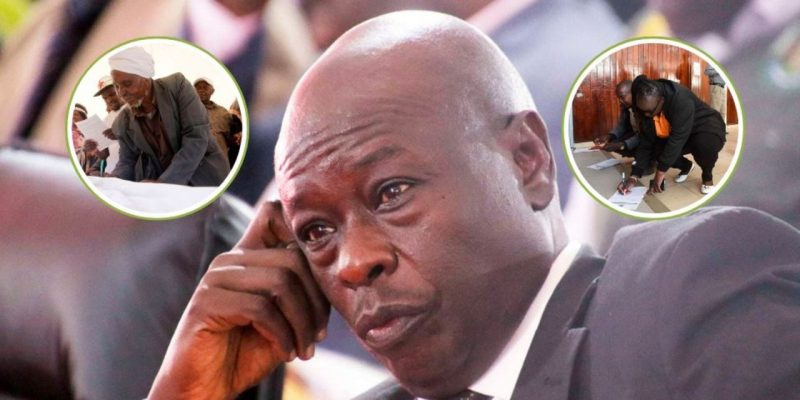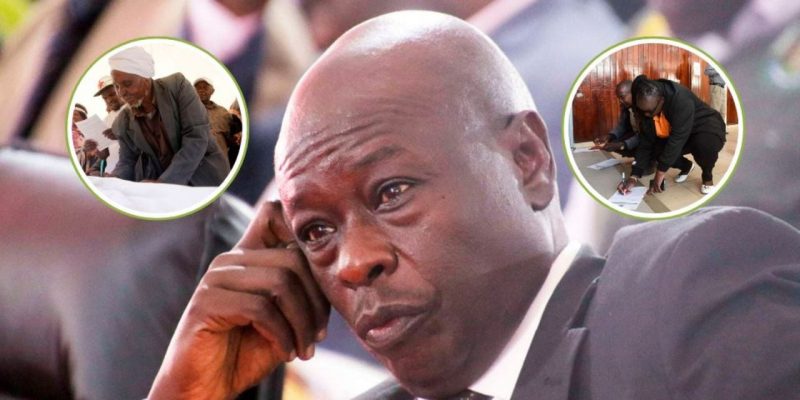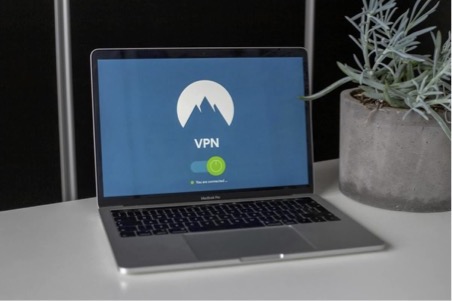Kenya Deputy President Gachagua Impeachment Saga
 The National Assembly has announced an extension of one day for public participation hearings regarding the impeachment of Deputy President Rigathi Gachagua, following a High Court ruling that mandated the process should include all 290 electoral units represented by MPs, rather than being confined to the 47 counties. According to a notice from National Assembly Clerk Samuel Njoroge, the public will now have until Saturday, October 5, 2024, to submit their views on the impeachment motion.
The National Assembly has announced an extension of one day for public participation hearings regarding the impeachment of Deputy President Rigathi Gachagua, following a High Court ruling that mandated the process should include all 290 electoral units represented by MPs, rather than being confined to the 47 counties. According to a notice from National Assembly Clerk Samuel Njoroge, the public will now have until Saturday, October 5, 2024, to submit their views on the impeachment motion.
Members of the public are invited to continue sharing their opinions on the motion, which will be forwarded to the National Assembly. This announcement came shortly after Justice Richard Mururu Mwongo of the High Court in Kirinyaga ordered a second round of public participation on the motion to remove Gachagua from office.
The impeachment motion was presented on October 1, 2024, by Kibwezi West MP Mwengi Mutuse, who garnered support from 291 MPs, citing 11 reasons for the motion. As the nation engaged in the initial round of public feedback, Kirinyaga Woman Representative Njeri Maina approached the court in Kerugoya to secure orders for an additional public participation session. On October 2, 2024, she filed case number HCCHRPET/E014/2024, arguing that the initial public participation effort, as directed by National Assembly Speaker Moses Wetang’ula, was insufficient.
Second wave
The High Court subsequently mandated the National Assembly to conduct a second wave of public participation at the constituency level throughout Kenya, determining that the previous focus on county-level engagement did not meet constitutional requirements. The court emphasized that public participation must encompass “reasonableness of notice” and “opportunity for public engagement,” highlighting that it is a critical aspect of governance as outlined in Article 10(2) of the Constitution.
Justice Mwongo noted that public participation should be genuine and meaningful, not merely a formality or a public relations exercise. He indicated that the reasonableness of the engagement process would be assessed on a case-by-case basis, and that participation could include both oral and written submissions.
Key elements for effective public participation, according to the judge, include clear engagement structures, clarity of the subject matter, opportunities for balanced public influence, commitment to the process, inclusive representation, and transparency. He also stressed the importance of educating the public about the issues at hand, enabling constituents to engage meaningfully in the impeachment hearings.
More detailed directions on this matter are expected to be provided on October 11, 2024, when all parties are scheduled to appear in court.





